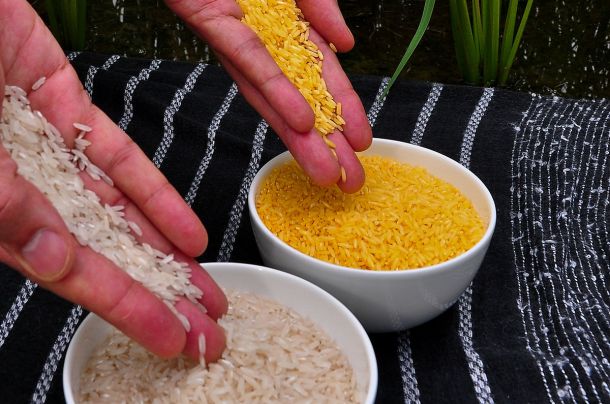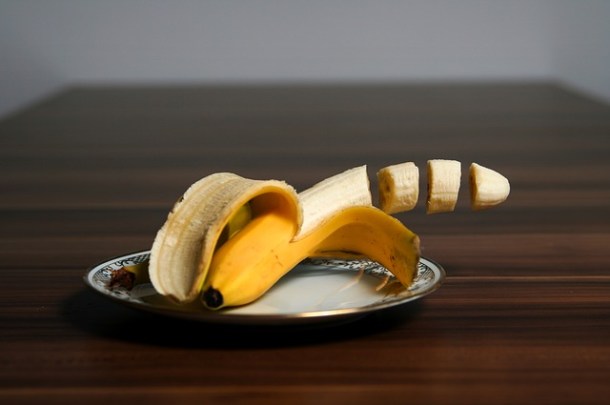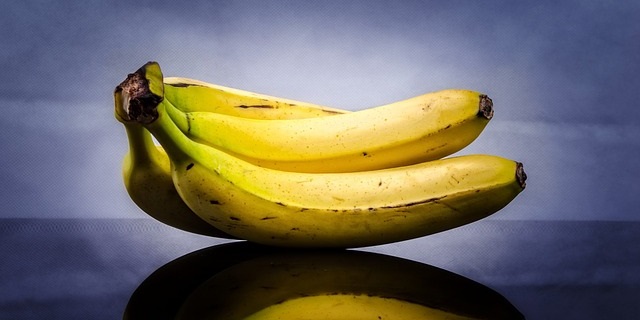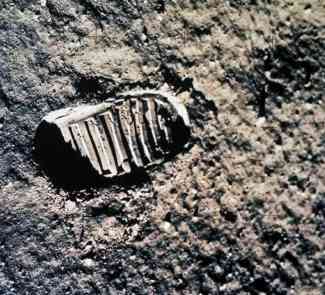Scientists at the University of Queensland develop transgenic bananas to fight blindness. One example of how biotechnology can help improve our health.
Vitamin A (also known as retinol) was discovered in 1913 when researchers varied the diet of certain laboratory animals (replacing lard with butter) and discovered that there was an indispensable “vital dietary factor” in some food products, as explained by the FAO. This factor was so important that its absence could cause blindness.
Under normal conditions, society has a varied diet that provides all the necessary nutrients, which also includes vitamins. However, dietary diversity is sometimes insufficient, which can lead to certain health problems. Such is the case, for example, in Asia, where the rice-based diet causes serious problems for the children in that part of the world.
Rice, the foundation of the diet in Asia, contains very low quantities of bio-available iron, low concentrations of essential amino acids like lysine and, the biggest problem, it lacks beta-carotene, the precursor of vitamin A. According to UNESCO data, this deficiency of vitamin A causes a million infant deaths a year and 500,000 cases of blindness. How can we prevent these serious problems?
Food biotechnology could help to overcome these problems. As we explained in Think Big, a public research initiative created what is known as golden rice, a genetically modified variety that contains the genes needed to produce precursors of vitamin A. The consumption of this food would make it possible to prevent the problems of blindness and mortality in children in Asia.

After this initial biotechnology R&D&I initiative, scientists at the University of Queensland have managed to genetically improve another food, bananas, so that they contain a higher quantity of vitamin A. The study has resulted in the creation of «super-bananas» that could help reduce infant mortality and blindness in children in Africa.
These bananas enriched with vitamin A are the product of biotechnology and they will be tested initially on volunteers for six weeks in the United States. They will then be grown experimentally for three years in Uganda, with the objective of commercializing this transgenic food from 2020 onwards.

This project by James Dale, supported with 10 million dollars from the Bill and Melinda Gates Foundation, is an example of how biotechnology and genetically modified crops can help humanity.
As in the case of golden rice, these transgenic bananas give new hope in the fight against infant mortality and blindness. As Dale explains, “good science can make a huge difference and have an extraordinary impact on the lives of many people”.
Images | IRRI (Wikimedia), Pixabay, Pixabay II







